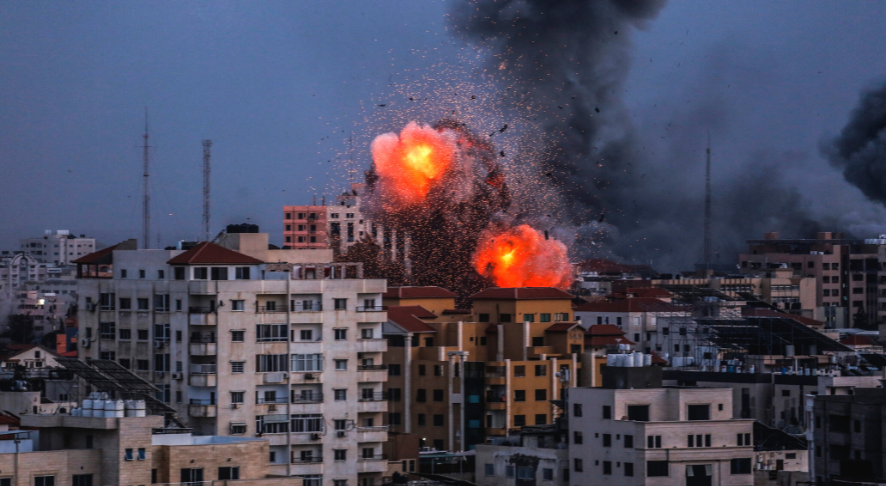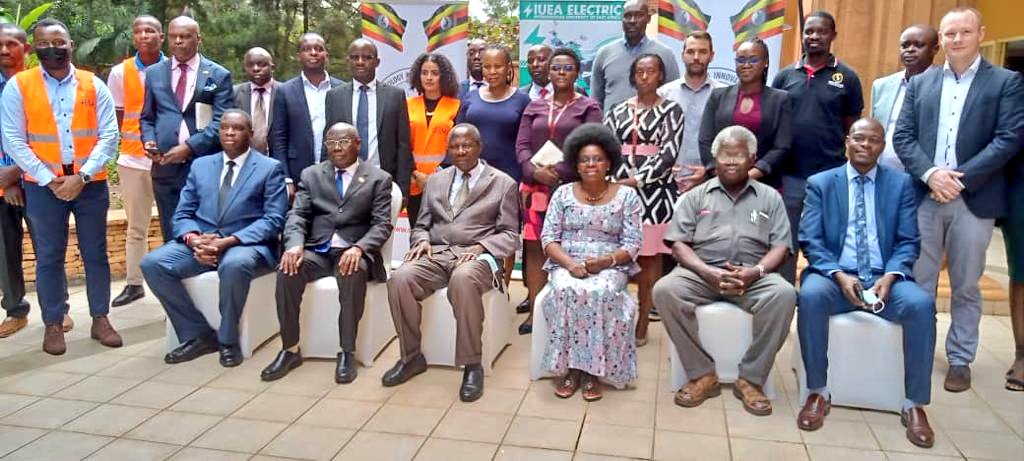In a noteworthy development amid the ongoing Gaza conflict, Hamas has expressed a willingness to implement an immediate ceasefire with Israel. This potential truce is linked to a proposal made several months ago by U.S. President Joe Biden. A Hamas delegation recently met with Qatari and Egyptian mediators in Doha to discuss the details of a ceasefire and explore the possibility of a hostage and prisoner exchange.
This diplomatic movement comes as Israel perceives Hamas’ readiness to negotiate as an indication of the militant group’s increasing vulnerability under sustained military pressure.
Israel’s Assessment: Signs of Hamas’ Weakening
Israeli officials interpret Hamas’ proposal for a ceasefire as a reflection of significant internal strain. Israeli Defense Minister Yoav Gallant has released a letter purportedly addressed to Hamas leader Yahya Sinwar by a former Hamas commander. The letter admits to serious setbacks for Hamas, including the loss of rocket-launching capabilities and the destruction of anti-tank launchers, supporting Israel’s view that its military operations are effectively impacting Hamas’ strength.
Despite these challenges, Israel continues its military operations to further degrade Hamas’ capabilities. Prime Minister Benjamin Netanyahu has stressed that any concessions or pauses in military action could embolden Hamas, potentially compromising Israel’s strategic goals.
U.S. Preparing New Ceasefire Proposal
The U.S., led by Secretary of State Antony Blinken, is preparing to present a new proposal aimed at facilitating a ceasefire. This initiative is intended to address the ongoing conflict and promote negotiations for a truce. However, Israel is cautious about any diplomatic solutions that might affect the safety of hostages held by Hamas.
The situation is further complicated by reports that six hostages were killed in a Gaza tunnel last month, highlighting the delicate balance between military pressure and humanitarian considerations.
Regional Escalation: Lebanon and Syria
As the conflict extends beyond Gaza, Israel faces new regional challenges. Hezbollah and Hamas have claimed responsibility for launching over 100 rockets from Lebanon into Israeli territory. In response, Israel has conducted airstrikes against what it describes as “terror targets” in Lebanon, raising concerns about a broader regional escalation.
Tensions with Syria have also intensified following an Israeli raid on a weapons site in Syria. The raid involved seizing equipment and documents, and an Israeli airstrike on a highway near Damascus reportedly caused casualties. Syria has condemned the strike, claiming it resulted in the deaths of six workers in the occupied West Bank. Israel’s military maintains that the individuals were armed with explosives and posed a threat to its forces.
Humanitarian Efforts in Gaza
Despite the conflict, humanitarian efforts continue in Gaza. The World Health Organization (WHO) has reported success in its polio vaccination campaign, reaching over 90% of children under the age of 10. Additionally, the WHO has evacuated nearly 100 individuals, including children, to the UAE and is calling for the establishment of regular medical corridors to facilitate the transfer of patients in need of urgent medical care.
Looking Forward: Diplomacy or Continued Conflict?
The potential for a ceasefire offers a glimmer of hope for diplomatic resolution, but Israel remains focused on its military objectives. The ongoing tensions with Lebanon and Syria add layers of complexity, increasing the risk of further escalation.
The involvement of international mediators and global powers will be crucial in shaping the future of the conflict. Whether through renewed diplomatic efforts or continued military engagement, the situation remains fluid and uncertain, with significant implications for regional stability and international relations.
Conclusion
Hamas’ openness to a ceasefire presents an opportunity for negotiation and potential resolution. However, Israel’s cautious approach and ongoing military operations reflect the complexity of the situation. As tensions rise across multiple fronts, the role of international mediation will be key in navigating the path forward and addressing the broader implications of the conflict.






